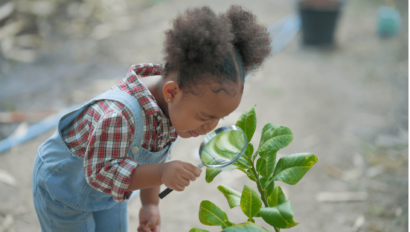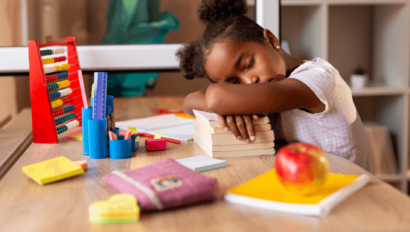How Montessori Encourages Children to Play the Natural Way for Optimal Development

In the Montessori philosophy, play is not something separate from learning—it is learning. From the moment children enter a Montessori classroom in Shakopee, MN, they are encouraged to explore, create, and discover through play that feels natural and engaging. This approach to play fosters not only creativity but also the development of key life skills like independence, problem-solving, and confidence.
In Montessori, children are given the freedom to engage in play that aligns with their developmental needs and natural curiosity. Here’s how Minnesota Montessori classrooms encourage children to play the natural way.
Purposeful Play and Independence
Montessori encourages purposeful play by offering a prepared environment where children can choose activities that interest them. Rather than being directed by an adult, children have the freedom to select materials that align with their curiosity. This type of play nurtures independence, allowing children to develop concentration, problem-solving skills, and self-confidence at their own pace.
By engaging in purposeful play, children take ownership of their learning, and their ability to explore on their own terms contributes to a deeper understanding of the world around them.
The Role of Nature in Montessori Play
Montessori places a strong emphasis on the connection between children and nature. Nature-based play is a key component of the Montessori approach, as outdoor environments offer rich opportunities for exploration and discovery.
Whether children are engaging with natural materials, gardening, or observing seasonal changes, outdoor play encourages creativity and provides an additional space for children to develop physical skills and a sense of wonder. Nature is a vital extension of the Montessori classroom, where children can thrive in a natural and unstructured environment.
Open-Ended Materials and Creative Play
In Montessori classrooms, open-ended materials like wooden blocks, sand, and water encourage creative play. These materials allow children to explore and use their imagination without predefined outcomes, leading to innovative and independent thinking.
By promoting creative play through open-ended materials, Montessori environments help children develop essential motor skills, problem-solving abilities, and the confidence to experiment and take risks.
Unstructured Play and Social Development
Montessori classrooms encourage unstructured play, where children can engage freely with their peers. This type of play is essential for social development, helping children build communication, cooperation, and conflict-resolution skills.
Unstructured play allows children to work together, share ideas, and develop empathy for others. In a Montessori setting, this type of play builds a strong sense of community while supporting each child’s emotional intelligence and social growth.
Play as Meaningful Work
In Montessori, play is not simply a pastime—it is considered meaningful work. Every activity, whether it involves building, creating, or exploring, is seen as an opportunity for children to develop new skills and learn about their environment.
Through play, children engage in activities that are deeply fulfilling and aligned with their natural interests, making learning an enjoyable and purposeful experience. Montessori classrooms honor play as an essential aspect of a child’s growth, recognizing it as a critical pathway to lifelong learning.
If you are looking for a quality Montessori daycare program, or want to learn more about the benefits of Montessori learning, we welcome you to visit Minnesota Montessori located in Shakopee, MN.


